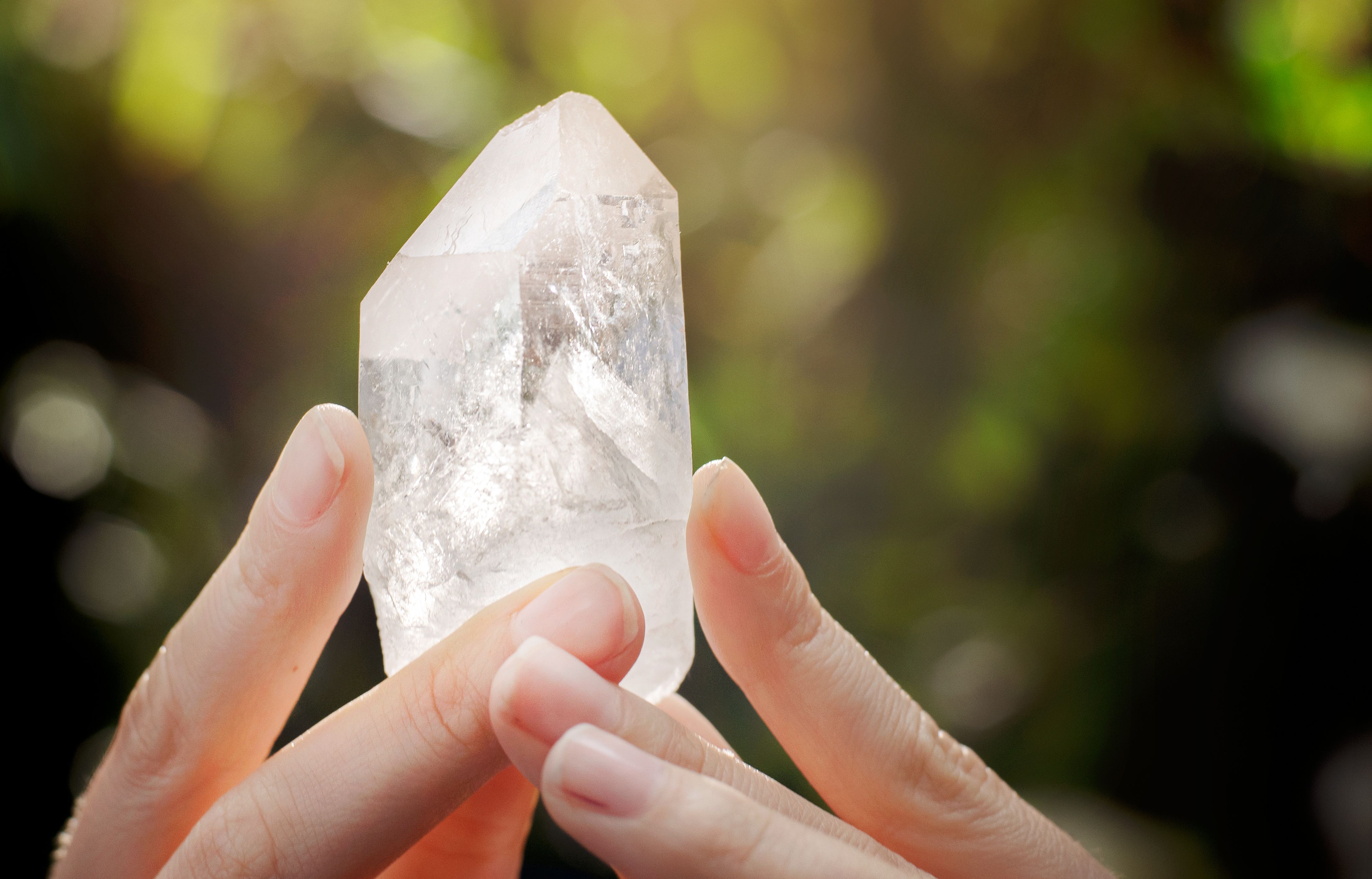The Transformative Power of Reiki: Enhancing Mental Health through Energy Healing
Understanding Reiki and Its Origins
Reiki, a Japanese form of alternative medicine, is often referred to as energy healing. It originated in the early 20th century and is based on the idea that a universal life force flows through us all. When this energy is low or blocked, it can lead to mental or physical illness. By channeling this energy, Reiki practitioners aim to promote balance and healing.
Reiki sessions typically involve the practitioner placing their hands lightly on or just above the client’s body. The goal is to facilitate the flow of energy, promoting relaxation and reducing stress. Many who receive Reiki report feelings of peace, security, and well-being.

The Connection Between Reiki and Mental Health
Mental health challenges such as anxiety, depression, and stress are prevalent in today’s fast-paced world. Traditional treatments often involve medication and therapy, but Reiki offers an alternative or complementary approach. By addressing the energetic imbalances that can manifest as mental health issues, Reiki may help individuals find relief and clarity.
Research has shown that Reiki can lead to significant reductions in stress and anxiety levels. The deep relaxation achieved during a session can help calm the mind and reduce negative thought patterns, making it a valuable tool for those struggling with mental health issues.

Benefits of Reiki for Mental Health
Reiki offers a range of benefits that can enhance mental health and well-being. Some of these benefits include:
- Stress Reduction: Reiki promotes relaxation, helping to alleviate stress and anxiety.
- Emotional Balance: By clearing energetic blockages, Reiki can lead to improved emotional regulation and stability.
- Enhanced Self-Awareness: Reiki encourages mindfulness and self-reflection, fostering a deeper understanding of oneself.
What to Expect During a Reiki Session
If you’re considering trying Reiki for mental health support, it’s helpful to know what to expect during a session. Typically, you will lie down fully clothed while the practitioner gently places their hands on or above various points on your body. Sessions usually last between 60 to 90 minutes.
You might experience sensations such as warmth, tingling, or a gentle pulsating feeling where the practitioner’s hands are positioned. It’s also common to feel deeply relaxed or even fall asleep during the session.

Integrating Reiki into Your Wellness Routine
Incorporating Reiki into your wellness routine can complement other mental health practices such as therapy, meditation, or exercise. It’s important to remember that while Reiki can be beneficial, it should not replace traditional medical treatment for serious mental health conditions.
Consider scheduling regular sessions with a qualified practitioner, and remain open to the experiences and insights that may arise during your journey with Reiki.

Conclusion: Embracing Energy Healing for Mental Wellness
The transformative power of Reiki lies in its ability to promote harmony within the mind and body. By facilitating energy flow, Reiki can help alleviate mental health challenges and enhance overall well-being. As more people seek holistic approaches to health, Reiki continues to gain recognition as a valuable tool for emotional and mental healing.
If you're interested in exploring new ways to support your mental health, consider adding Reiki to your self-care toolkit. The journey toward greater clarity and balance is unique for everyone, but with an open mind and heart, Reiki can be a powerful ally on your path to wellness.

🔥 Loved what you read? 😊 Our top psychic experts are ready to dive deep and bring you clarity & insight on this topic or any question on your mind! 👁️✨
And the best part? Your 1st chat minute is always FREE! 🌟
Don’t wait—get the answers you seek today!